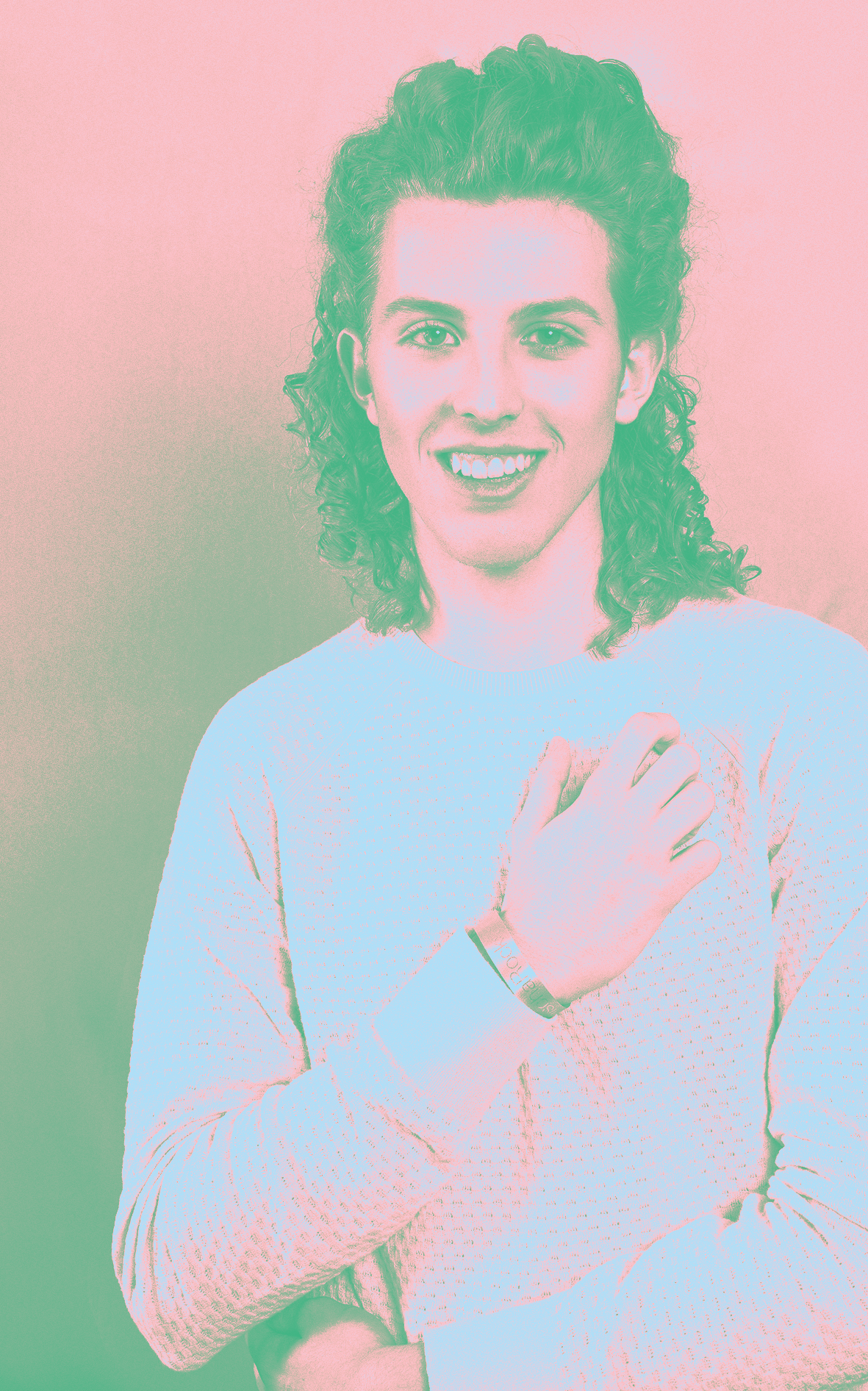TIM VAN BREEMEN

As a third-year Dual Degree student, TIM seeks to combine his major in Molecular Biology at Erasmus University College (EUC) with his passion for Brazilian music and vocals at Codarts. Although these disciplines may appear unrelated, Tim believes the combination of academic and artistic education provides him with a broad skillset, a large network and a better understanding of his (future) practices.
What made you choose the Dual Degree?
When I finished high school, I first studied neuroscience in Amsterdam, but that didn’t end up being my cup of tea. I really missed music in my life. I decided to apply to a conservatory, but I also had an academic interest so I was a bit conflicted. When I came to the open day at Codarts’ Rotterdam Conservatory, I discovered that it was actually possible to pursue my musical and academic interests at the same time. I was immediately sold!
How would you say the arts and sciences reinforce each other?
I've been looking for a bridge between the arts and sciences for a long time and, admittedly, it’s hard to find commonalities between molecular biology and Brazilian music. However, I do think the studies complement one another in the sense that I can bring my creativity to the Problem Based Learning (PBL) teaching method of EUC, and my academic skills to Codarts. The latter especially is a huge advantage: my analytical thinking and academic attitude makes my studies at Codarts way more efficient, more structured and to the point.
When you say you’re developing a broader skillset, do you think RASL has also influenced how you look at education?
Yes! I came to see that there are really different forms of education at the various institutions and I really admire that. At EUC, for example, we have PBL and I think this could also be very applicable to certain subjects at the Conservatory. This wide exposure to different types of education gives me a well-informed opinion about what learning is and what works best for different people.
Do you think your view on education changes your future perspectives?
I think so. The danger with a lot of issues is that we only approach them in one way and then just stick to that approach. But if you are exposed to different forms of education, you can see things from multiple angles and find different ways of engaging with issues. I think the Dual Degree helps me look at the future through multiple lenses.
Does the Dual Degree also enable you to build an informal network across the different institutes?
Yeah, definitely! That's just because you meet so many people, your network automatically grows. It's great! Because of RASL, I’m introduced to art students from WdKA, even though I'm not in that school. And that’s a very valuable network for me to have, especially if I will—and I hope I will—produce an album in the future, then I know people with a lot of different skills who could help with visuals, for instance. I'm very grateful for the network I have now, and it just keeps growing.
Do you already have an idea about what you're going to do after the Dual Degree?
My heart is definitely with music, so I want to go into music professionally. But I also want to explore what I can do academically within the field of music. Maybe I will join the RASL community or a research group. It's not completely clear to me yet, but I will definitely use what I've learned from both programmes.
And what, in your opinion, would be a possible next step for RASL?
I know they're working now on the Culture Campus in Zuid; they're going to make an integrated building. And I think that's the next step for RASL: to fully integrate the degrees instead of having them just next to each other because I think that connection between the arts and the sciences can be even stronger when you actually do a combined degree instead of two degrees at the same time. I believe it would be a very impressive degree to obtain.